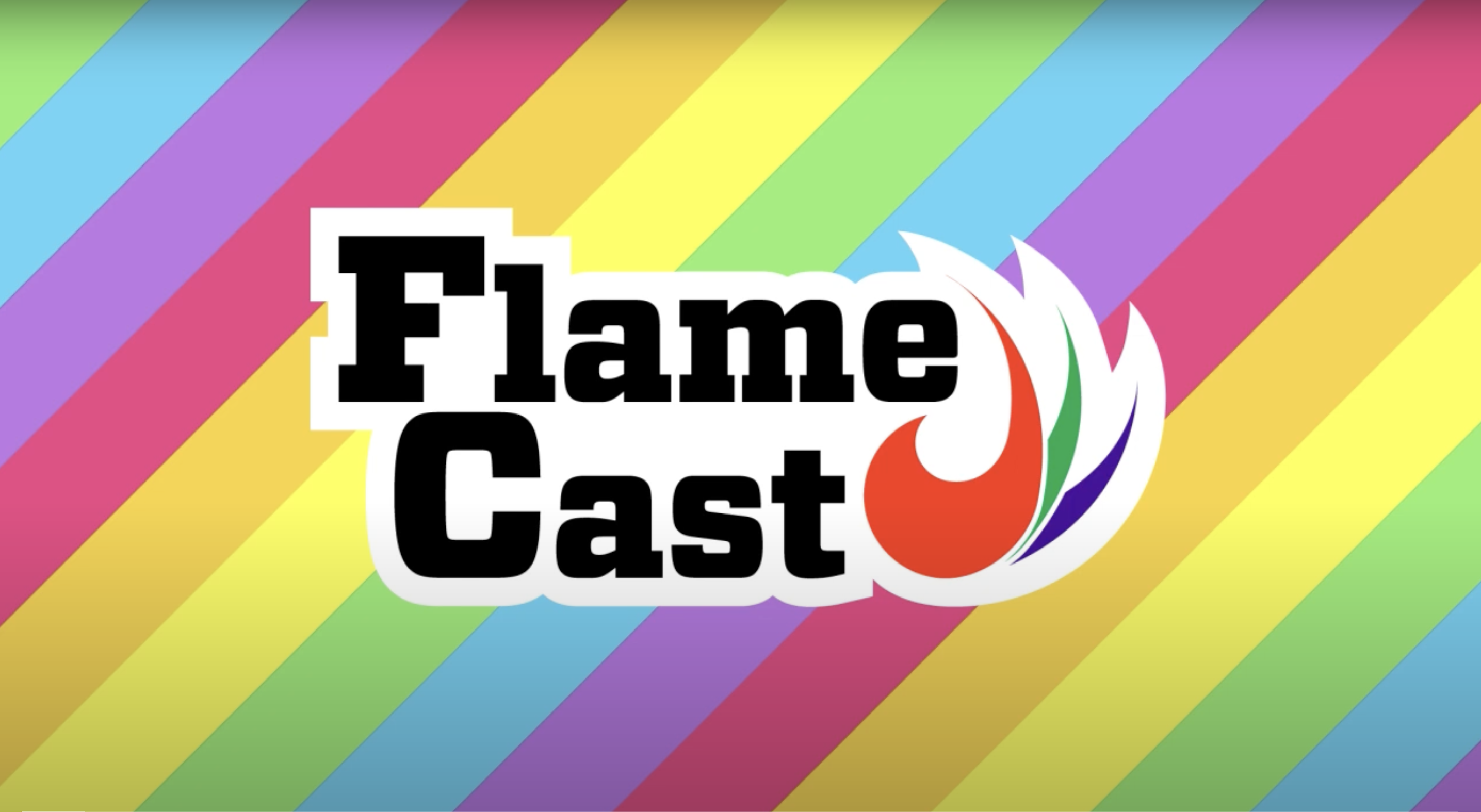
by Kevin Gilligan | May 24, 2022 | Blog
It’s a new episode of the Flame Cast, our celebration of past, present, and future Flame Con guests. Join Kevin in a conversation with Mike Curato, writer and illustrator of the YA graphic novel Flamer, about the importance of books geared toward young queer...
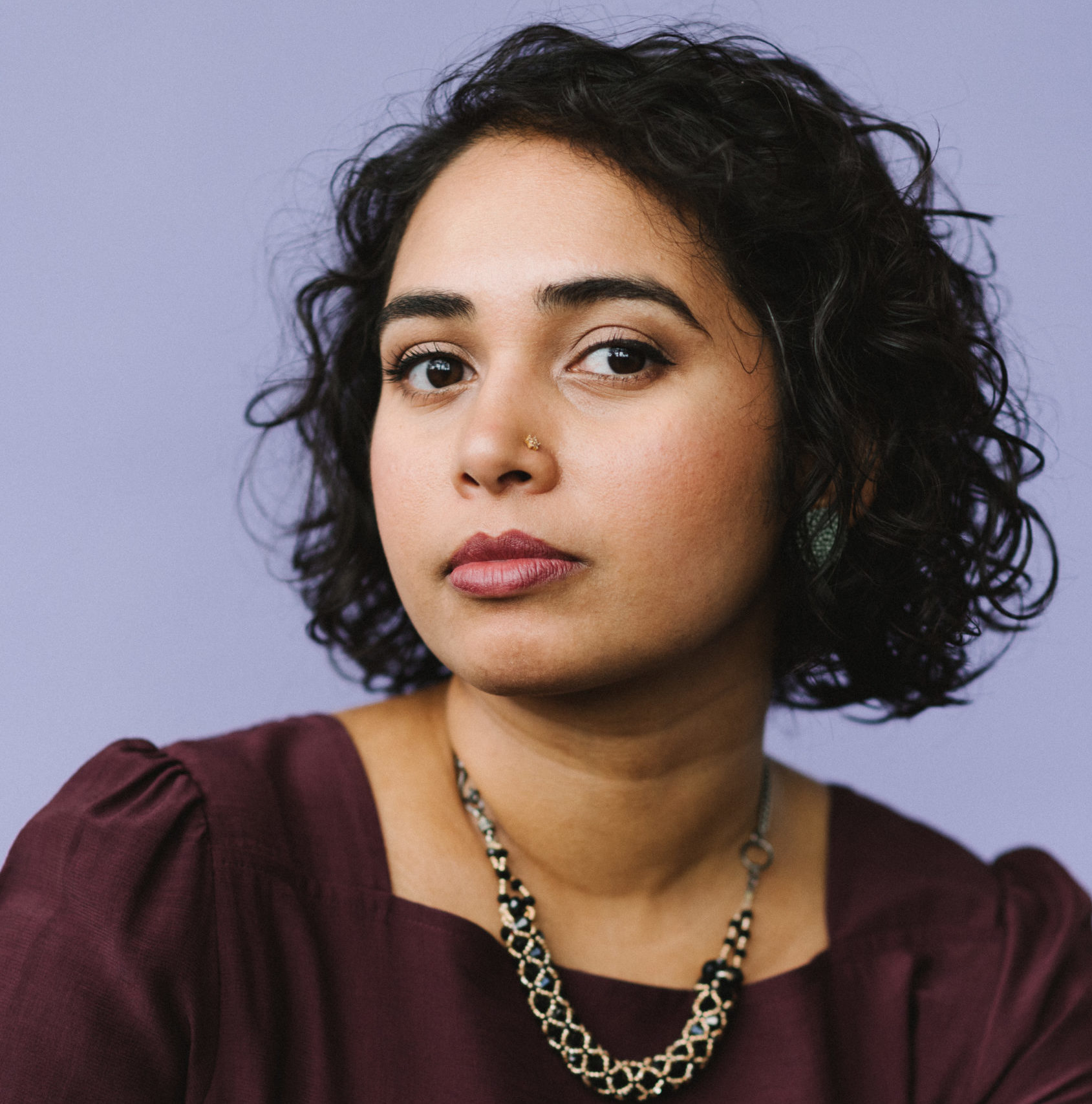
by Michele Kirichanskaya | May 20, 2022 | Blog
SJ Sindu is the author of the novel Marriage of a Thousand Lies, which won the Publishing Triangle Edmund White Debut Fiction Award, was a finalist for the Lambda Literary Award, and was an ALA Stonewall Honor Book; as well as the hybrid fiction and nonfiction...
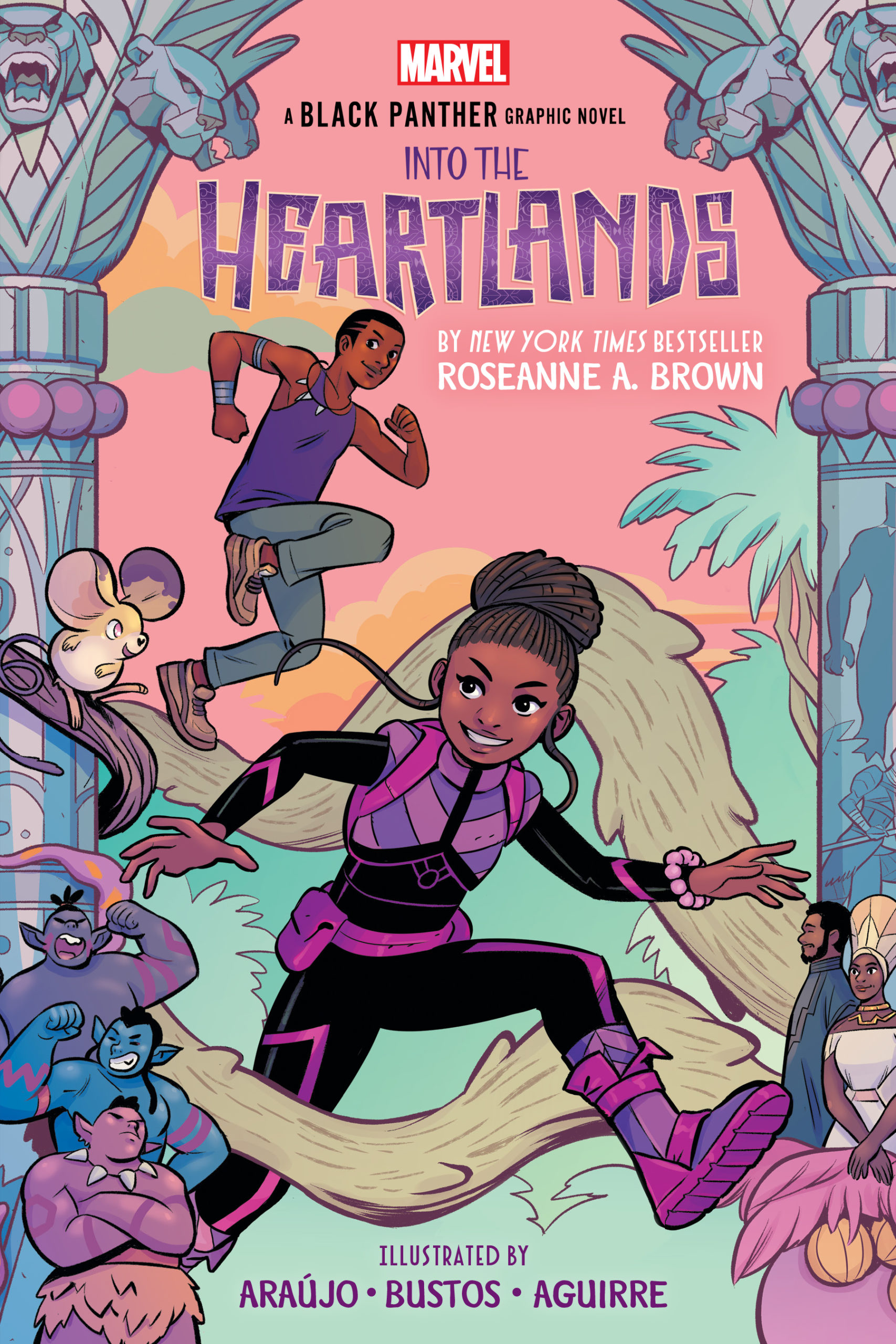
by Michele Kirichanskaya | May 18, 2022 | Blog
Shuri and T’Challa set out to remove a curse from Wakanda in an action-packed, totally original Black Panther graphic novel, Shuri and T’Challa: Into the Heartlands available now! The creative team includes Roseanne A. Brown, Natacha Bustos, Dika Araújo, and...
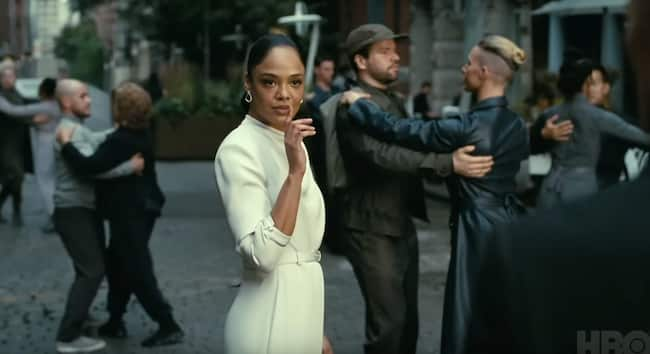
by Kevin Gilligan | May 17, 2022 | Podcast
In this new episode of the Geeks OUT Podcast, Kevin is joined by Christopher Murray, as they discuss the Stranger Things season 4 premiere, new trailers for Westworld and Love, Death + Robots, and celebrate our first look at the queer horror movie They/Them in This...
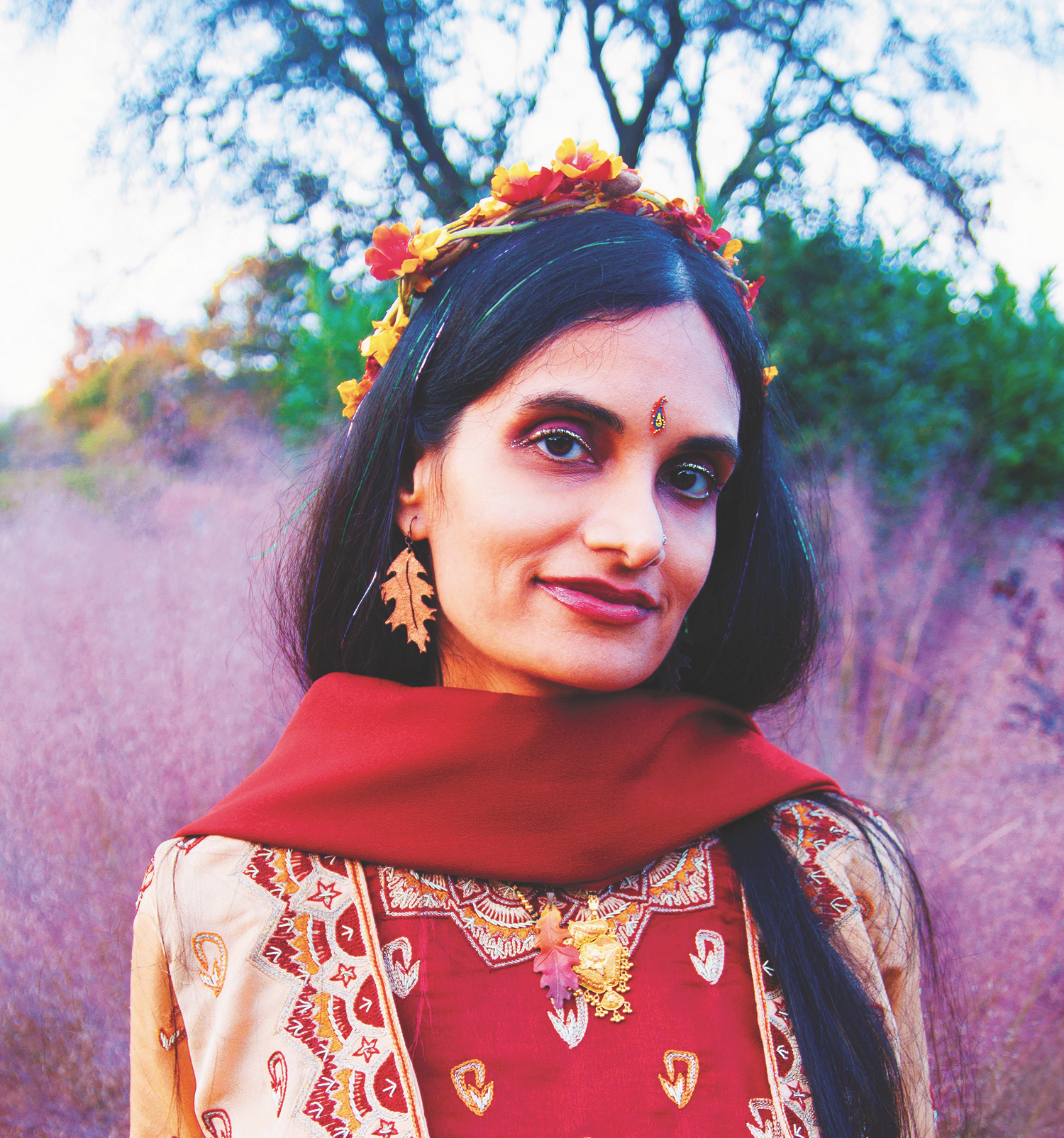
by Michele Kirichanskaya | May 13, 2022 | Blog
Shveta Thakrar was one of the inaugural Walter Dean Myers grant recipients of 2015 and has been a shining mainstay in fantasy, appearing on conference panels since 2010. She has had fiction published in Uncanny Magazine, Faerie Magazine, and forthcoming from...






